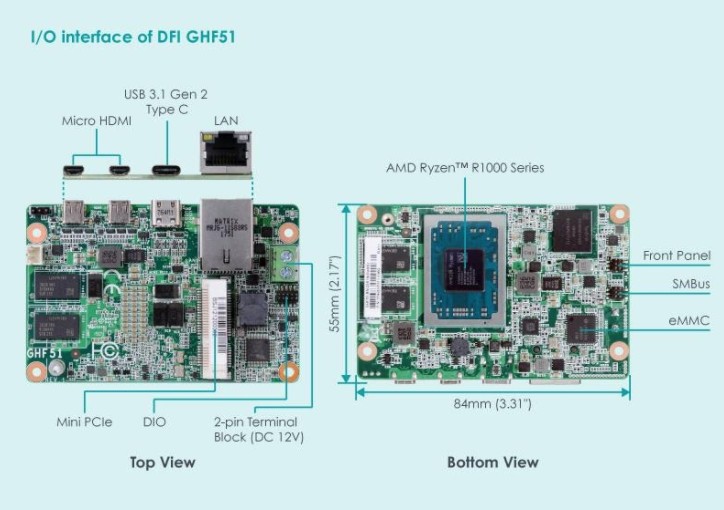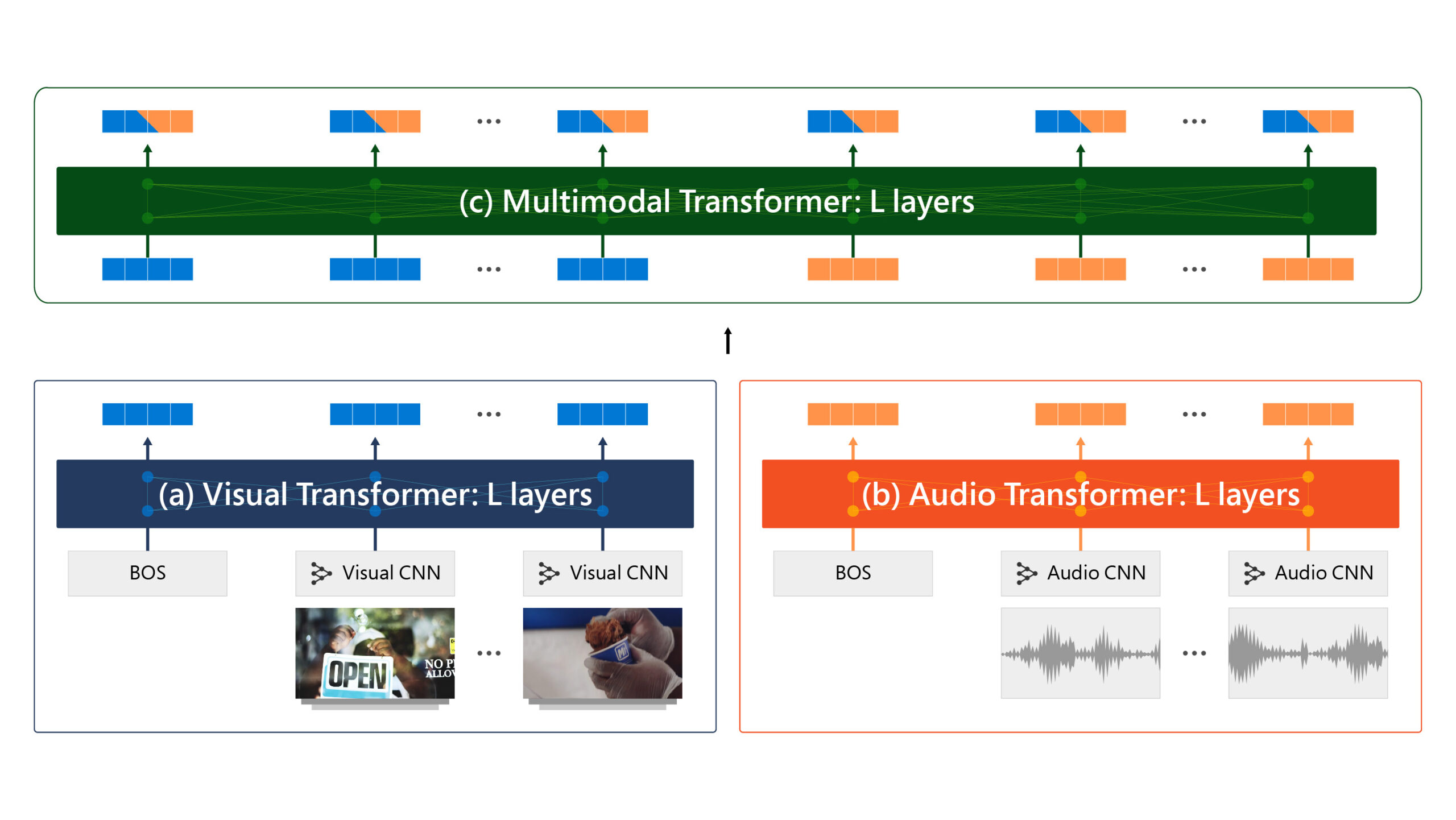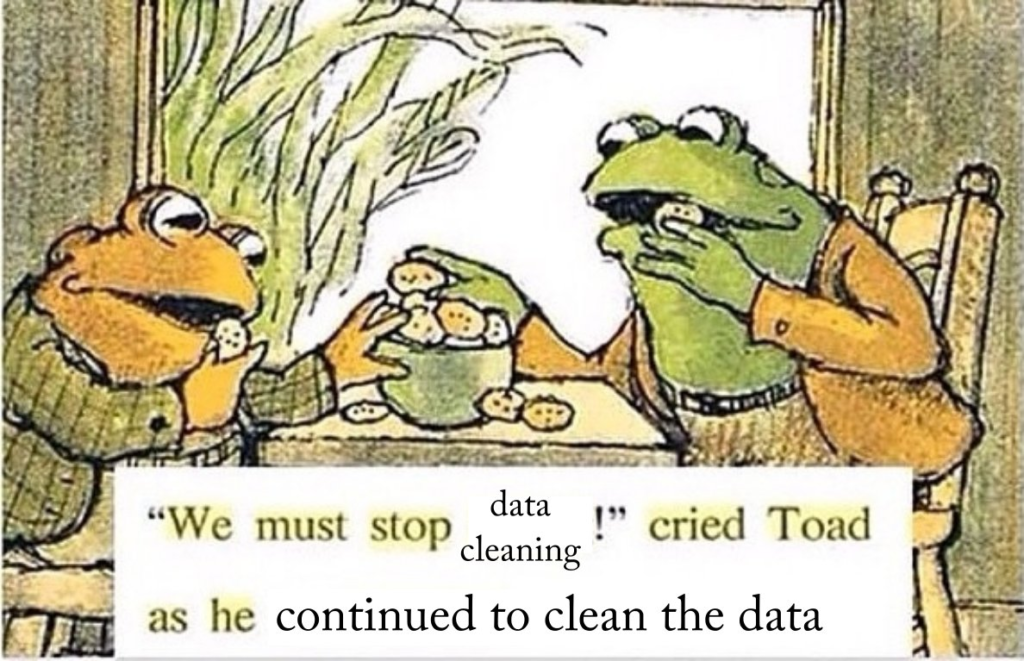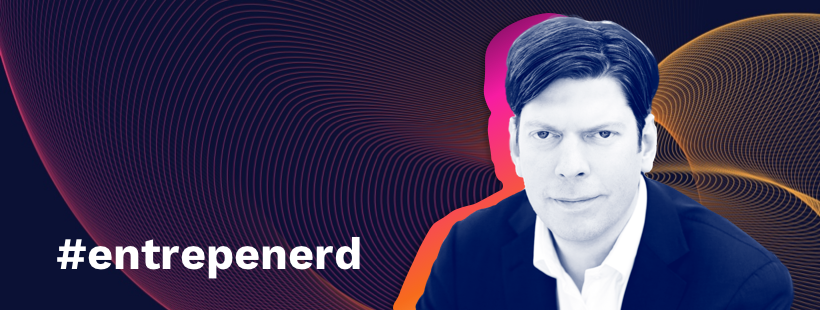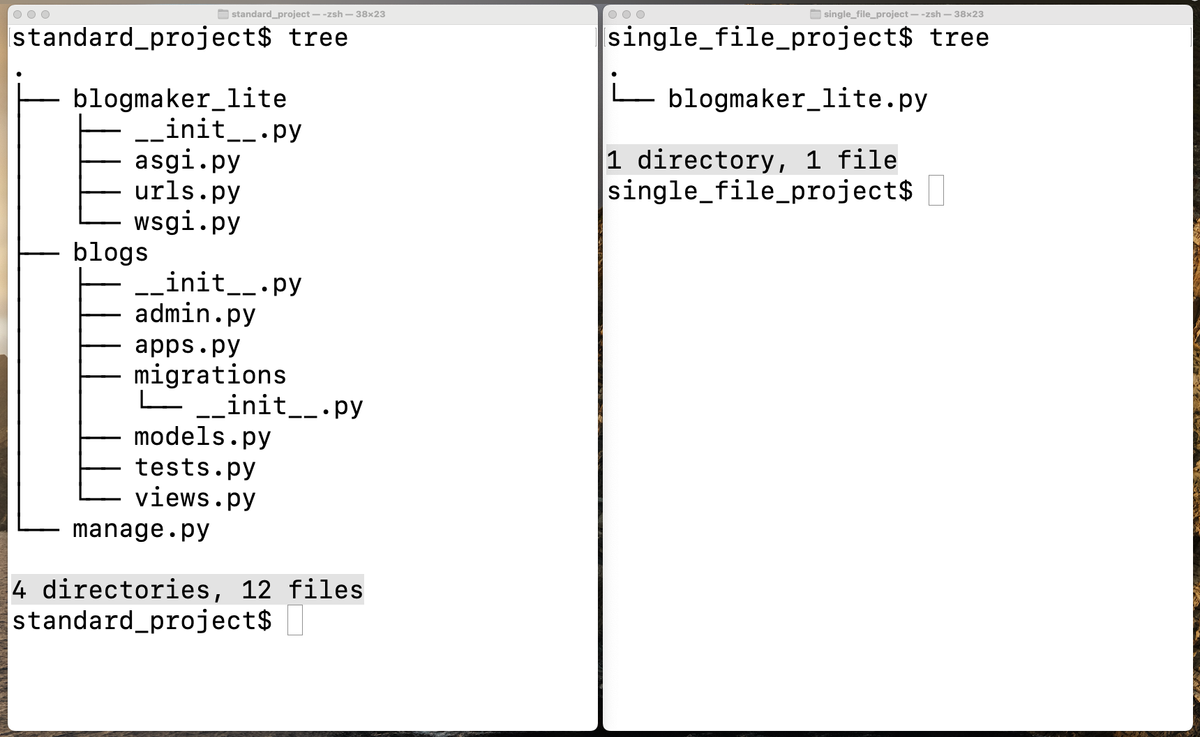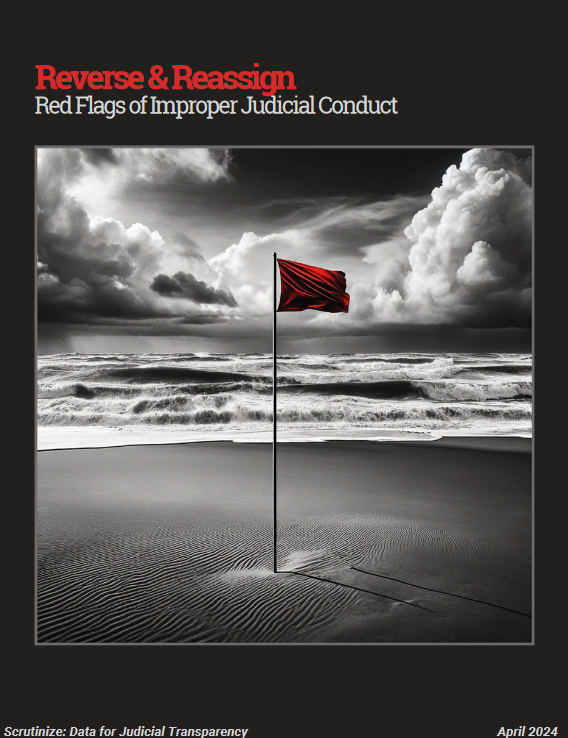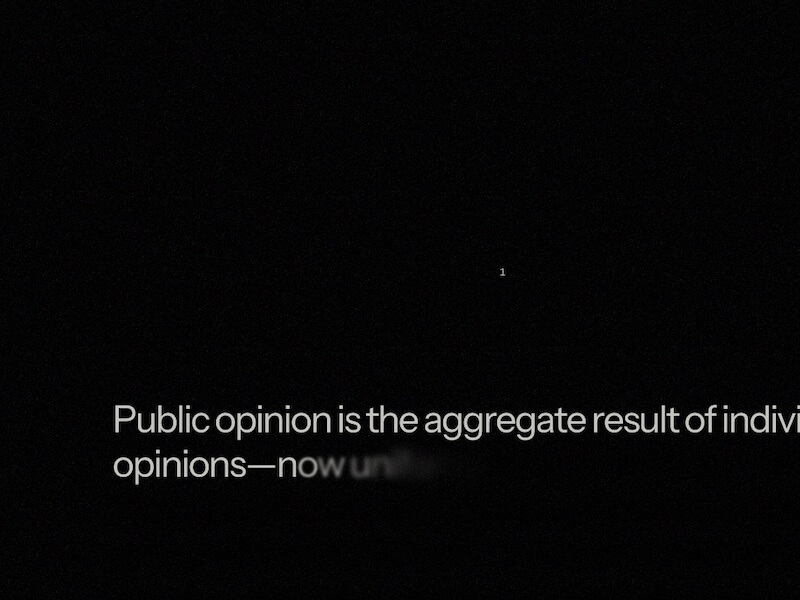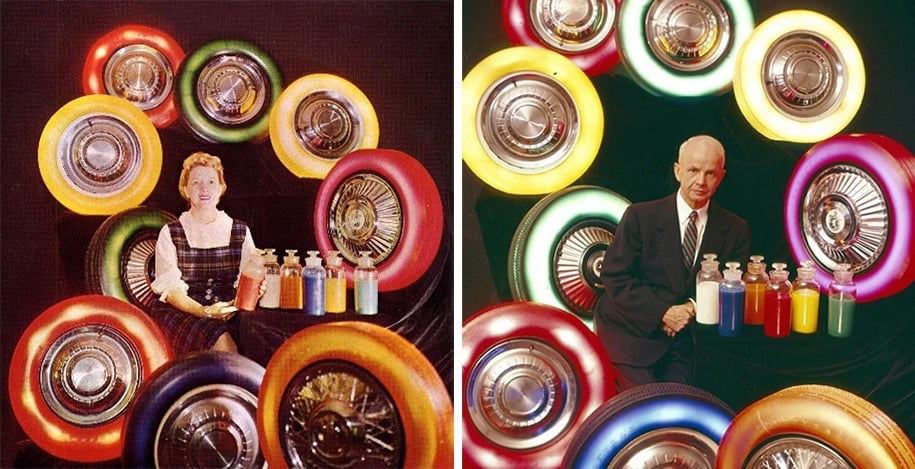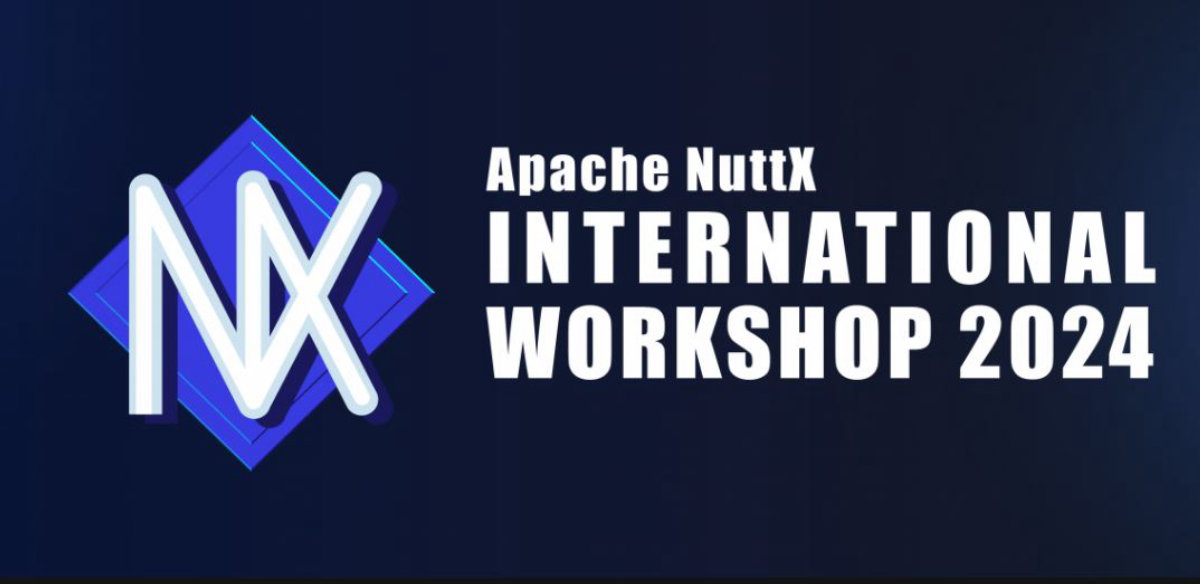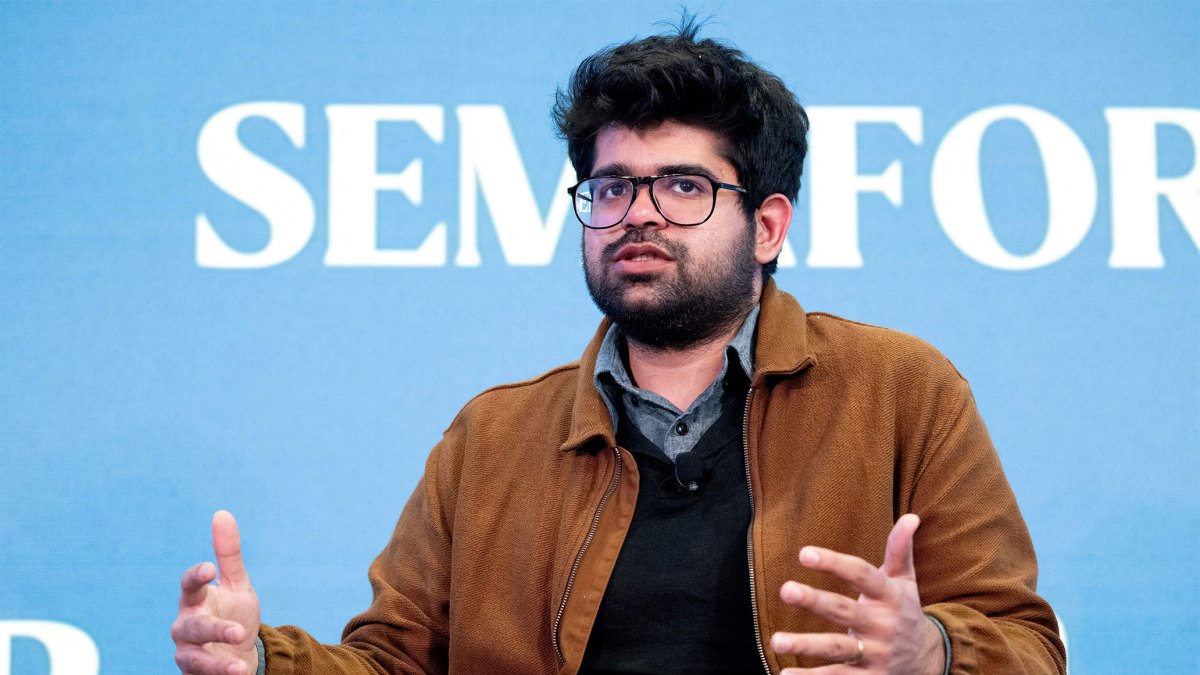
AI Research: Importance of lateral integration to break “tunnel vision”
Healthcare innovation has stalled. If you are excited for the next “big thing” in the conference, it is because you want to break the monotony of being locked up at home for the better part of 2020 due to an ongoing pandemic. I am sure everyone will speak about how “awesome” it is to be back to what was the “norm” and “zoom fatigue”. If you have signed up for the conference emails – you’d get notifications about the “late-breaking abstracts” and you wonder why those “deadlines” apply to you alone.
Nevertheless, it is critical to understand that innovation is an ongoing process and conferences are a showcase. It is about public perceptions to be taken as a “thought leader” and “leaving the legacy of research” with a portrait hung in the hallway. These are socio-cultural issues though and I can’t claim that I don’t suffer from the “perceptional envy”. I do, but it doesn’t drive forth my motivation. It only encourages me to understand integrative aspects of research in a better way.
For the better part of 2019-2020, I have explored several aspects around deployment of technology in healthcare. It ranges from enterprise use case scenarios, getting better data-driven decisions, using chatbots with natural language p[rocessing, developing mobile applications, dabbling in wearables and understanding conceptual ideas around ecosystems, policy driven ideas around the constant tussle of regulatory frameworks, commercial exploitation of data, and much more. Healthcare privacy, often to the detriment of end-users, remains an issue of topical concern because algorithms are operant “black-boxes”. Therefore, I have explored several issues around open-source domains and technology. I have also written (and understood) at length about breakthroughs in academia, gatekeeping and risk-averse committees. I have also spoken out against the blatant use of PR to the detriment of consumer behaviour, and instead advocated a community building approach; especially to break open the silos of “discrimination”. I remain a strong advocate of public funding of science, and eventually, benefits should accrue to the public. These are the broad domains which this blog aims to explore in a significant manner.
